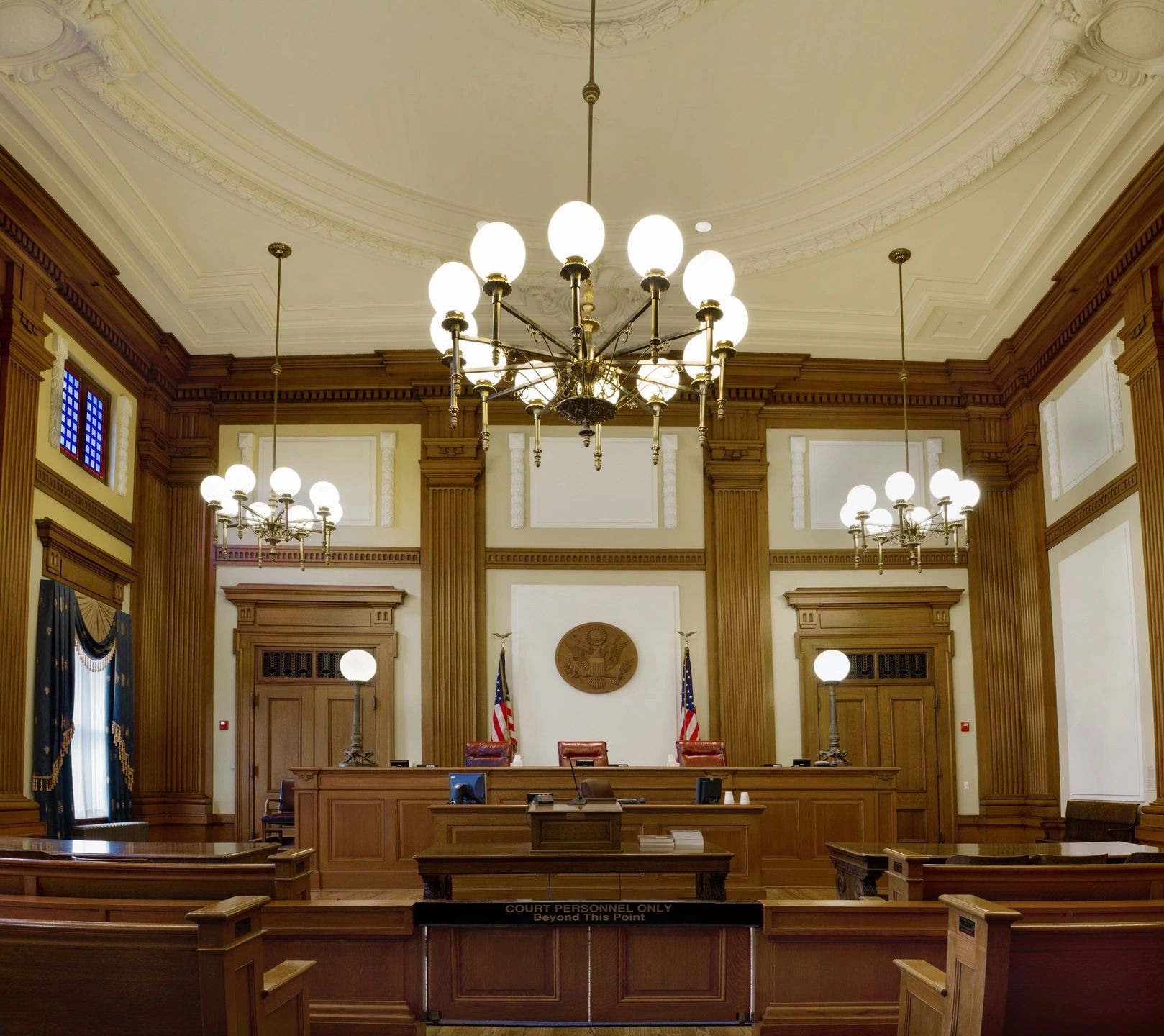Ontario’s Minister Jill Dunlop announced on Friday that colleges and universities across the province will now be mandated to ensure housing for incoming international students. Additionally, the government intends to scrutinize post-secondary institutions with a significant international student population and implement a moratorium on new partnerships between public colleges and private institutions.
This announcement follows closely after the federal government’s decision to impose a cap on study permits for international undergraduate students over the next two years. Federal Immigration Minister Marc Miller revealed a 35 per cent reduction in study permits for this year, with Ontario’s share being halved due to the allocation among provinces.
The initiative is a response to the recent influx of international students, with Miller emphasizing the need to prevent exploitation of high tuition fees by unscrupulous entities offering subpar education. Premier Doug Ford’s Progressive Conservative government previously mandated a 10 per cent reduction in tuition fees for public colleges and universities in 2019, maintaining the freeze on tuition without corresponding funding increments.
In response to financial challenges, many post-secondary institutions, especially colleges, increasingly enrolled international students to offset revenue losses. The Ontario government’s latest measures aim to safeguard students and enhance the integrity of the province’s post-secondary education system.
The government’s initiatives encompass a mandate for all colleges and universities to ensure the availability of housing options for incoming international students.
However, Green Party of Ontario Leader Mike Schreiner expressed skepticism, stating, “Housing doesn’t materialize out of thin air,” in a written statement.
The NDP criticized the Progressive Conservatives for their lack of response to a government-commissioned report from last year, which recommended increasing tuition fees and funding for colleges and universities.
“The challenges stemming from the recent spike in students coming to Canada, including predatory practices by bad-actor recruiters, misinformation regarding citizenship and permanent residency, false promises of guaranteed employment, and inadequate housing for students, require immediate attention and collaborative action,” Dunlop wrote in a statement.
“It is abundantly clear that this government would rather see post-secondary institutions close than cough up the investments needed to keep them afloat,”
“They have been asleep at the wheel for the past five years while public colleges and universities languished, paving the way for a predatory private, for-profit education system that has only harmed students.” NDP critic Jamie West wrote in a statement.
Following the report’s release in November, Dunlop has stated that the province is currently reviewing the recommendations and collaborating with institutions to identify potential “efficiencies.” This review process is still underway.
The Ontario Confederation of University Faculty Associations criticized Friday’s announcement, stating that it falls short as it lacks accompanying funding.
“As this review process continues, the government will work closely with the sector to reach an outcome that provides stability and certainty for post-secondary institutions and students alike, with further details to be announced by the end of February,” the province said in a statement.
“Ontario needs international students, but universities need more funding from the government to provide the support that international -and domestic -students need to succeed inside and outside the classroom,” Nigmendra Narain, the organization’s president, wrote in a statement.
“The ministry has not provided any tools to do this with these proposals.”Dunlop also unveiled a provincial review of programs offered by post-secondary institutions with a substantial international student presence, aimed at ensuring program quality and alignment with labor market demands.
Furthermore, the province announced a halt on new public college-private partnerships “pending further enhancements to oversight mechanisms and the assurance of existing partnership quality.”
This week’s federal directive includes restricting postgraduate work permits for students in institutions following a private-public model effective September 1.
Ontario’s colleges and universities have voiced opposition to the federal government’s decision to cap international student visas. A 2022 report by Ontario’s auditor general highlighted the growing reliance of the province’s educational institutions on tuition fees from international students.
According to a report commissioned by Ontario’s Big City Mayors last summer, international student enrollment has surged significantly over recent years. From 2014-15 to 2021-22, international student numbers at Ontario universities nearly doubled, while at colleges, they more than tripled. Interestingly, most institutions did not expand student residence facilities during this period.
Ontario, like many parts of Canada, faces a housing shortage crisis. The province has committed to constructing 1.5 million homes by 2031 to mitigate the scarcity in housing supply.

